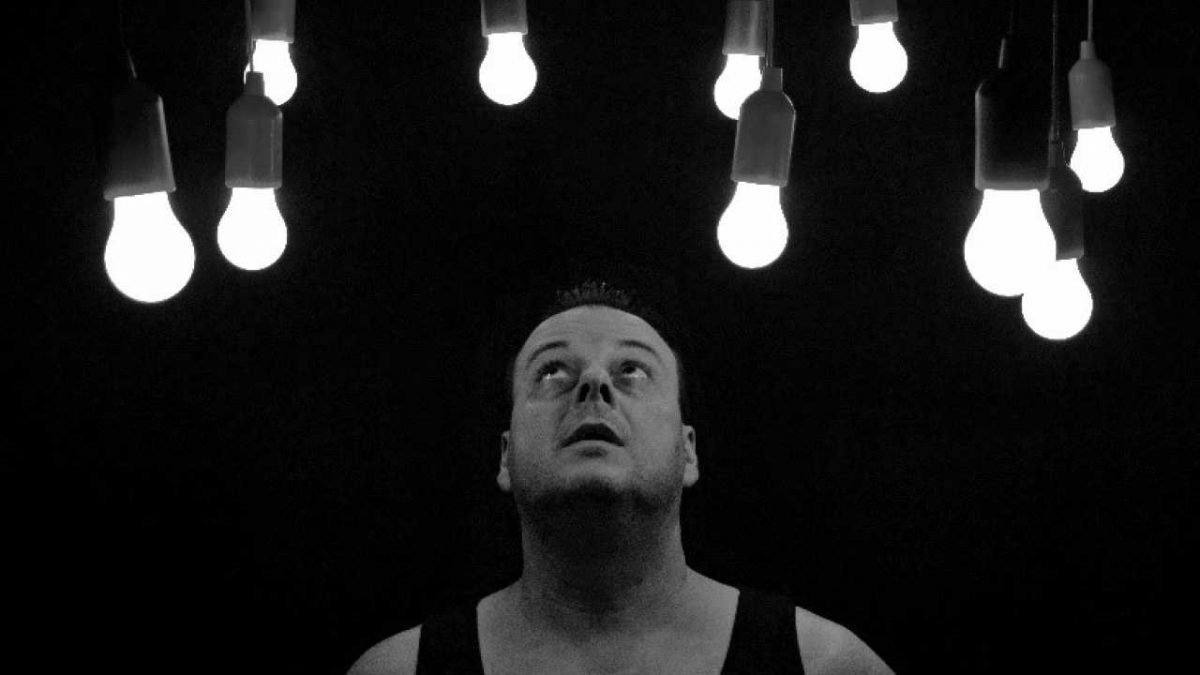In 2019 we were approached to feature in the 2020 Law & Justice Parliamentary Review highlighting best practice. The following is our article which was published in March 2020:
From starting her company in a spare bedroom to reaching the final of Business Woman of the Year, Zofia Ludwig’s past ten years in business have been anything but boring. Providing the legal sector with experts in psychiatry and psychology, Zofia says her service is underpinned by highly trained and specialised mental health professionals. In spite of financial cutbacks, the business continues to grow, with plans to expand year-on-year. She talks with the Review about the intricacies of GDPR, her team of experts and the importance of teamwork.
We are an award-winning company providing the legal sector with experts in mental health. I founded the company in a spare bedroom in 2008 and my efforts to grow and develop the business have been recognised by my inclusion as one of the eight finalists for Business Woman of the Year. Our service is underpinned by a panel of highly specialised psychiatrists and psychologists, based throughout the UK, who are experienced in providing reports for legal proceedings. Our office is based in St Leonards-on-Sea and solicitors, barristers, government bodies and local authorities contact us when they have a case in which a mental health assessment is required. This can be in a multitude of areas such as family proceedings, employment tribunals, personal injury, medical negligence, immigration and criminal matters.
The right expert for the right case
The knowledge of our experts enables us to provide details of those who would be suitable to assist on a case, dependent on the area of law, timescale, fee allowance and expertise required. We provide appropriate nominations and, once instructed, manage the case from start to finish. Each expert is assigned their own case manager, so they have one go-to person who knows the ins and outs of each case. There are many strands to every case and some have a long lifespan so having someone who knows the intricacies makes it a seamless experience all round. I, and all nine of our employees, value the importance of a happy, hardworking, knowledgeable and driven team. We have a common goal: to ensure a professional, efficient and personal service to our clients and our experts. This culture has served us well and since 2015, the company has seen case instructions, the expert panel, the team and our turnover at least double.
A whole team effort
The whole team take an active role in driving the business forward and continuing the expansion that has been taking place over recent years by building on valued, established relationships with clients and participating in linking to new ones. Career growth for team members is equally important. One of the case managers who started at the company in 2014 has completed a management training course and was promoted initially to office manager and now business manager – taking on more responsibility regarding the running of the company. She was a finalist for the Young Achiever Award at the Personal Injury Awards in December 2019.The team are actively involved in charity events and this year alone they have raised nearly £4,000 for Guide Dogs for the Blind, Access to Justice and Cancer Research by taking part in events such as half marathons, charity tea parties and the ten-kilometre London legal walk.
Adapting to financial cutbacks
In 2014, severe cuts were made to legal aid which meant that expert fees were almost halved overnight. Initially, as a result, case instructions reduced dramatically and unfortunately it meant that a number of valued experts did not continue in this field. For us, this brought a period of great adjustment and sadly resulted in several redundancies and an office downsize. Fees are now lower than ever, and yet high-quality experts are still required for their valuable opinions. Of course, the cuts and the continued scrutiny of the Legal Aid Agency have had major effects on legal firms, with several smaller businesses closing. The LAA are taking an increasing amount of time to settle invoices and are then often disputing the figures, meaning legal firms, and companies like ours, are having to spend valuable time trawling through old files to justify costs. These delays mean that money that is received from the LAA is being used by legal firms to cover running costs and staff salaries rather than being passed on to settle outstanding invoices. From our perspective, this can mean that invoices are not settled for lengthy periods, and increasingly are never settled, as more firms have no choice but to go into liquidation. In extreme cases, we have issued legal proceedings against a solicitor where a large sum of money is owed and despite having been to court on numerous occasions, no payment has been received. For a small business this is incredibly costly, and it seems unbelievable that there is no safeguard that avoids such expensive, repetitive court attendances with no resolution forthcoming.
The intricacies of GDPR
The introduction of GDPR in 2018 has brought both positive and negative effects. While it is beneficial to have guidelines, especially those which protect the privacy of individuals and their personal data, there are many ambiguous areas. We have had several cases where a parent who has been the subject of a mental health assessment in a family proceedings case contacts us for copies of the notes and documents that an expert has seen in relation to the case and to their children. If it is the case that the child has not had contact with this parent for some time, it is a very grey area as to whether the parent should be allowed sight of such documents. However, neither the ICO nor our legal advisors have definitive answers for specific cases such as these, which can be upsetting for the person wanting to obtain the information, and frustrating for us as a company with the risk of breaching GDPR. It would help greatly if there were a go-to for these complex situations that have arisen as a result of the introduction of GDPR. Going forward, we plan to continue our expansion, gradually, to maintain the high calibre of experts by hand picking new additions to our panel, and to ensure that we never compromise the personal service for which we are renowned.
To see the original article or read the other features click the below link: https://www.theparliamentaryreview.co.uk/organisations/expert-in-mind



 Happy Birthday Expert in Mind!
Happy Birthday Expert in Mind!







